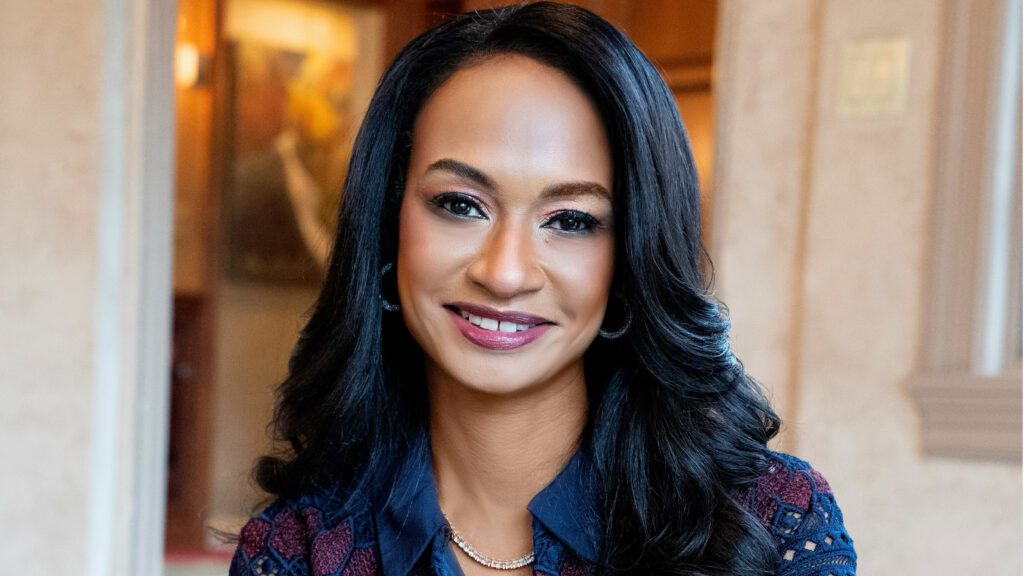Employees at Thurgood Marshall College Fund (TMCF) member school Tennessee State University (TSU) brought Black history in Nashville to life in February, offering the campus community a glimpse of the past and how it affected the present.
The inaugural Black History Month tour at TSU was a success, according to Tonya Turner, senior assistant and training coordinator to the vice president of business and finance at the university. Turner played a key role in organizing the tour but she said it was a collective effort by a special committee.
“Organizing the Black history tour was intense but possible because I brought together a committee of dedicated employees that I had worked with in some capacity that I knew would bring brilliance to the event,” Turner said.
According to the university’s website, the tour, conducted via bus, is intended to be an annual event each February and includes stops at the Fisk University Galleries, the National Museum of African American Music and the Jefferson Street Sound Museum. Expert guides provided context and insights throughout the tour. Turner said the tour will take place again in the fall, this time for students and their families.
“The most memorable parts of the tour for me were truly visualizing the experiences of African Americans—from the past to where we are now,” Olivia Whitmore, a junior family and consumer science major at TSU, said. “During the African American Music Museum visit, I started to cry while reading and listening to all the hurt and pain endured to create change, only to feel like we haven’t grown as a society but instead regressed into our old ways.”
Tour participants also learned about the physical destruction of the Black community in Nashville.
“The documentary (at the Jefferson Street Sound Museum) shed light on how the construction of Interstate 40 devastated the thriving Black community on Jefferson Street,” Kristian Butler, a junior family and consumer science major at TSU, said. “We hear countless stories throughout history of Black communities being torn apart due to systemic injustices but learning that it happened right here beside the university fueled a sense of empowerment in me.”
Whitmore said the I-40 history also struck her.
“I learned that Interstate 40 was built right through Nashville’s Black community, and there wasn’t even a plan to provide an exit in the area until the community lobbied for one,” Whitmore said. “We learned that Jefferson Street is historic—it was a thriving Black community with Black-owned grocery stores, hair salons, three HBCUs and a vibrant sense of Black excellence—that was ripped down with only a few months’ notice.”
Butler said artwork at the Fisk University Galleries also moved her.
“The Beverly Buchanan sculpture, of the shack where an entire family of Black people once lived, made me so appreciative of my dorm room,” Butler said.
Turner said her favorite part of the tour was the National Museum of African American Music.
“The Roots Theatre feature on slavery brought me to tears,” she said.
The students said taking the tour changed their perspective on Nashville.
“I grew up thinking gentrification was the main reason why Nashville wasn’t as diverse,” Whitmore said. “The Black Nashville community helped shape the city into what it is today—even inspiring the nickname ‘Music City.’”
Butler said she knew Nashville was known for music, but she thought it was solely for country music.
“The documentary we watched at the Jefferson Street Sound Museum really opened my eyes to how lively the music scene was in the past for Black musicians, especially just a street over from Tennessee State University,” she said.
Butler also said the tour helped her see the connection to Black history with the present.
“My biggest takeaway from the tour was that even now, we are a part of Black history in the making,” Butler said. “From the style of music our generation produces to the way we are still facing adversity and fighting for equity and justice in our communities, we continue to reflect the resilience and creativity of those who came before us.”



